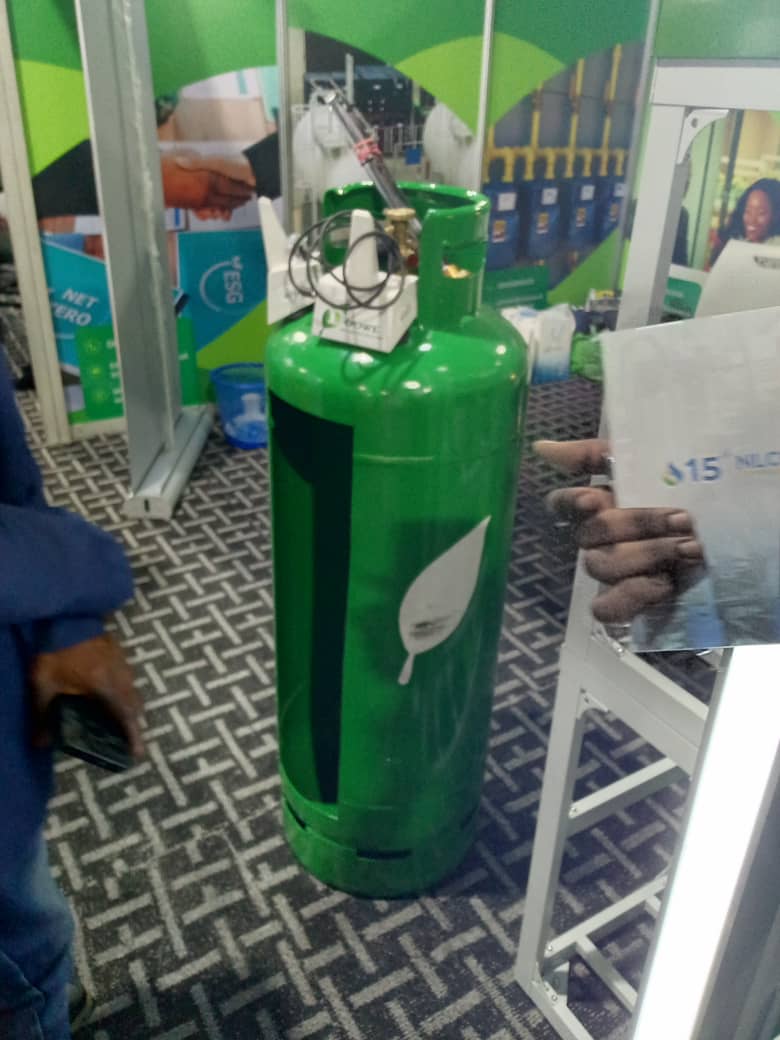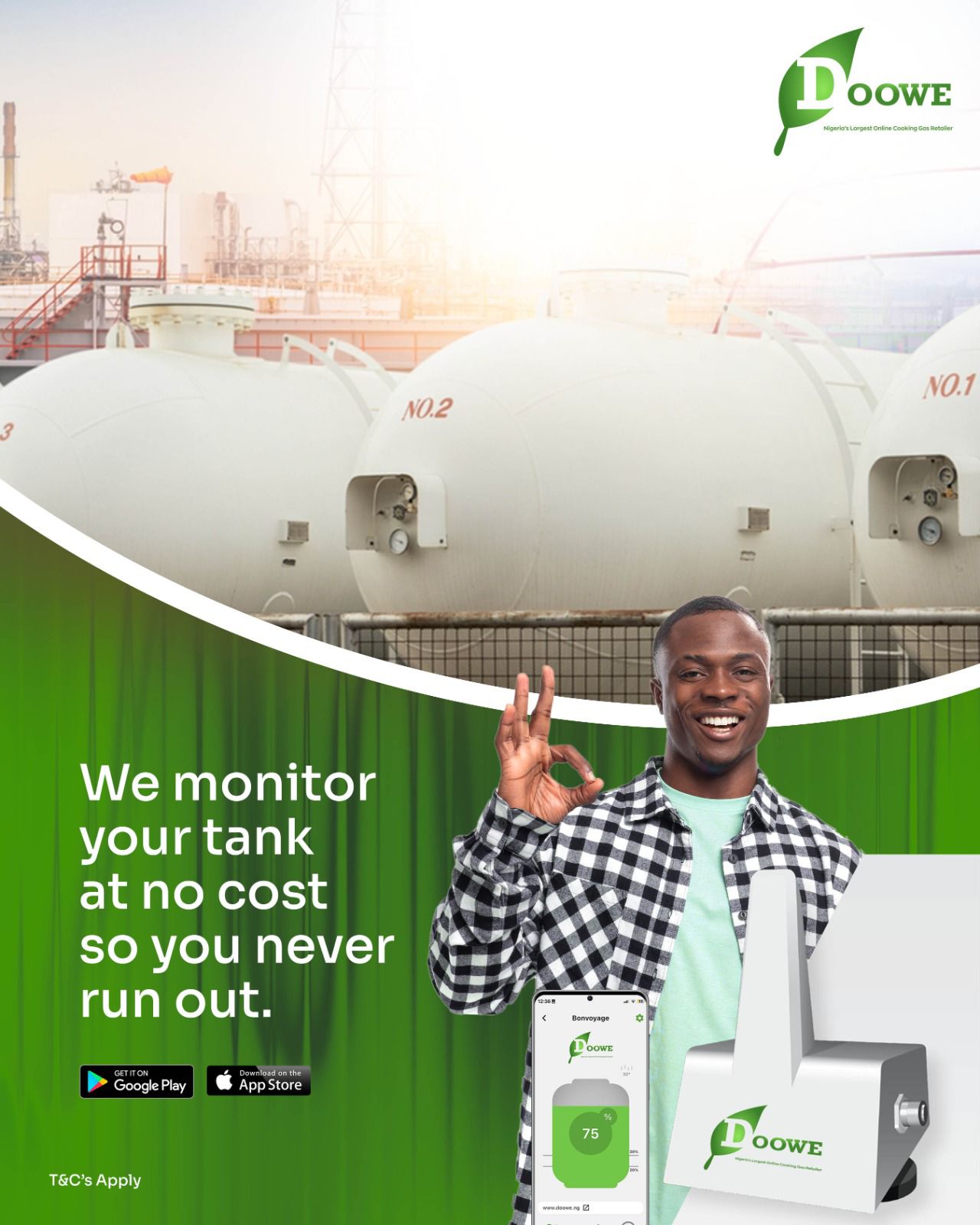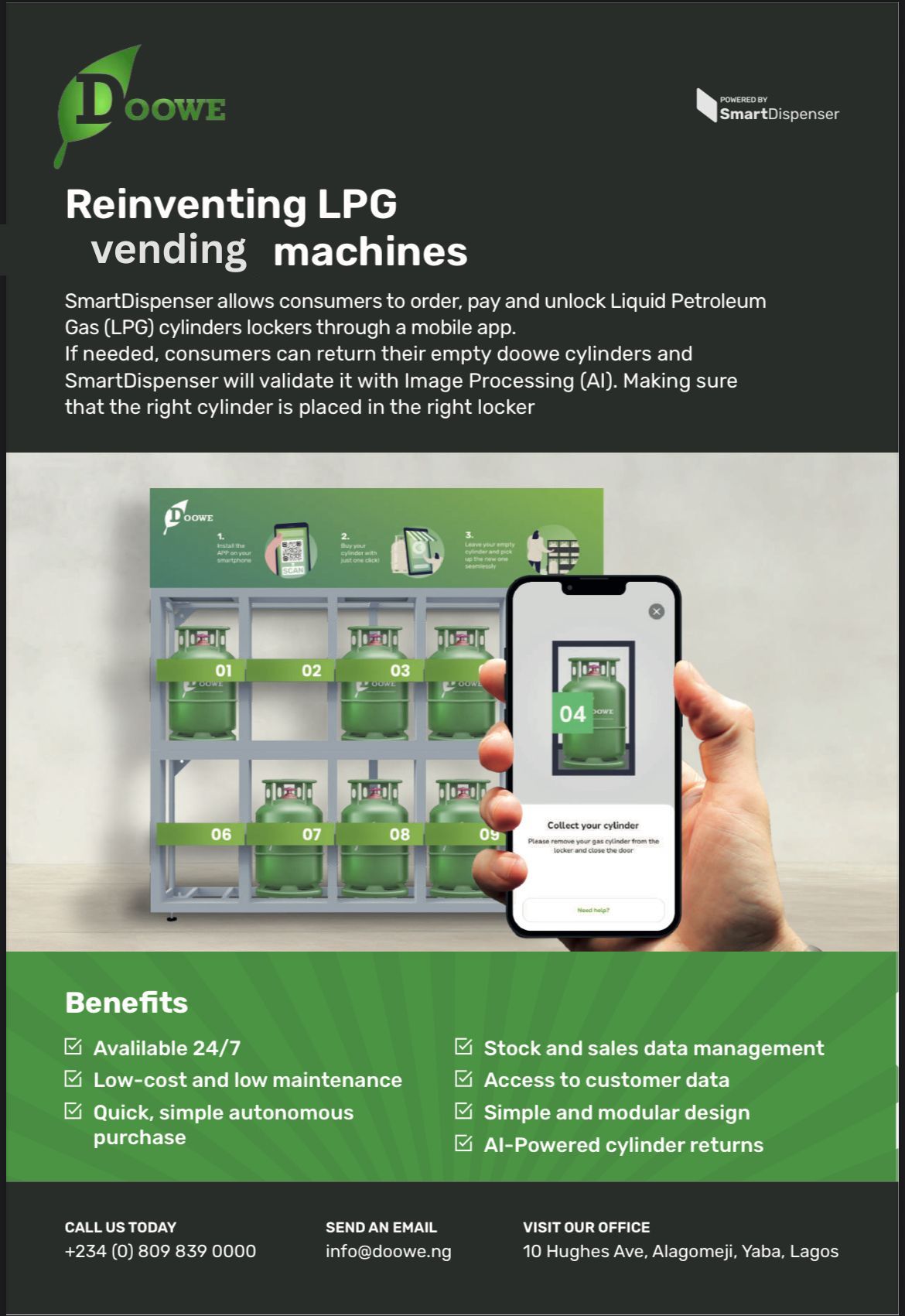Nigeria’s energy sector is drawing renewed investor interest after years of stagnation, helped by fresh reforms and a $3.6 billion surge in new commitments. But industry leaders say the momentum will fade unless the government accelerates implementation, clarifies regulatory grey zones, and delivers the bankable frameworks needed to unlock long-term capital for the power and gas industries.
These tensions took centre stage at a high-level policy forum in Lagos, where senior government officials, oil and gas executives, and off-grid energy developers debated how Africa’s largest economy can close its energy deficit, attract global investment and expand access to millions still living in the dark.
Hosted by Schneider Electric and BusinessDay, the panel, themed “Unlocking Nigeria’s Energy Future: Policy, Innovation and Investment”, became a status check on President Bola Tinubu’s reform push and the country’s broader race toward a diversified, lower-carbon energy mix.
Policy Clarity Emerges as Nigeria’s Strongest Magnet
Few issues dominated the discussion more than the question of regulatory certainty, an ingredient investors say Nigeria has historically lacked.
Mustapha Abdullahi, director general of the Energy Commission of Nigeria, said the country had finally crossed a threshold with the unveiling and gazetting of its National Energy Policy and National Energy Master Plan in 2023. Before then, he said, the policies existed only as advisory frameworks without legal backing, leaving investors wary of long-term commitments.
“No reasonable investor will put money in a country without clarity in its laws or master plan,” Abdullahi said. “With the National Energy Master Plan now legally backed, we have shown the world that Nigeria is serious about its energy future.”
He credited the reforms for attracting more than $3.6 billion in new investments, including major commitments from Energy China, one of the world’s largest infrastructure contractors. The company, he said, has signed deals to roll out solar power projects across all Nigerian states, each targeting a minimum capacity of 100 megawatts.
The government is now emphasising global engagement, dispatching copies of the master plan to Nigerian embassies worldwide to equip diplomats with what Abdullahi called “evidence of readiness.”
“We’ve already seen several strategic investment conversations triggered by this approach,” he said.
Another policy shift widely praised at the event is the Electricity Act 2023, which decentralised the power sector and granted states autonomy to regulate their own electricity markets. For the first time, state governments can license power plants, mini-grids and distribution networks, a move expected to spur subnational competition.
Abdullahi said the Act, combined with the master plan, forms the foundation for Tinubu’s vision to deliver 30,000 megawatts of grid power by 2030 and universal energy access.
But analysts warn that states may struggle to fund and enforce their new mandates, raising questions over capacity and coordination between federal and subnational institutions.
“The frameworks are in place. The challenge is implementation,” said Chijioke Okwuokenye, CEO of Abuja Electricity Distribution Company.
While policy reforms drive boardroom enthusiasm, much of Nigeria still lives without electricity. Roughly 80 million people remain off the grid, making it the world’s largest population without access to power after the Democratic Republic of Congo.
For Anita Otubu, senior director for the Universal Energy Facility at Sustainable Energy for All (SEforALL), Nigeria’s last-mile communities will be the decisive battleground in the country’s transition.
“Building renewable energy projects in rural communities isn’t always commercially viable,” she said. “SEforALL plays a catalytic role by providing grants and subsidies that blend with private finance, making these projects bankable while addressing viability and affordability gaps.”
Otubu previously led the World Bank–backed Nigeria Electrification Project, which connected five million people through a results-based financing model, developers were paid after connecting real households.
That model is now being exported to other African markets including Zambia, Madagascar, Benin Republic, Sierra Leone and Congo.
She said Nigeria’s regulatory ecosystem, especially for mini-grids, remains one of the strongest globally. Cost-reflective tariffs for off-grid systems, the Electricity Act 2023, and multi-lender financing arrangements, including the $750 million Distributed Energy and Access Programme, have increased investor confidence.
But she warned that a “one-size-fits-all” approach will fail.
“Different communities require different technologies and business models,” she said. “The goal should be least-cost access with sustainable economic returns.”
Private Sector Pushes for Faster Innovation in Oil and Gas
Nigeria’s oil and gas executives see themselves at the centre of the country’s energy transition, but warn that the sector must modernise or risk being left behind.
“The Nigerian oil and gas industry has been the country’s big brother for decades,” said Olarewaju Daramola, general manager, commercial at Aradel Holdings, speaking on behalf of the company’s CEO. “But the next stage has to be driven by gas monetisation, technology and local capacity.”
Aradel has pioneered gas commercialisation among indigenous producers, becoming the first Nigerian-owned company to supply natural gas to Nigeria LNG and one of the earliest promoters of compressed natural gas (CNG).
Daramola said digitalisation must redefine exploration and production, with data analytics and predictive technologies determining efficiency.
The firm is also investing in a modular refinery intended to reduce illegal artisanal refining and improve diesel supply for industries and households.
Yet Daramola urged the government to confront Nigeria’s “financing challenge,” saying the country needs credible governance, local content development and coordinated research investments to attract long-term capital. He called for stronger links between universities and the energy industry to drive homegrown innovation.
“Energy must empower lives, not just light bulbs,” he said. “It must drive education, health and enterprise.”
NLNG Bets on Gas as Both Transition and Destination Fuel
If Nigeria’s energy future has a centre of gravity, it is gas, a resource the country holds in vast quantities but has failed to fully exploit.
For Nnamdi Anowi, Production Director at Nigeria LNG (NLNG), gas will not just bridge Nigeria into a renewable future, but anchor its industrial development.
“Gas must remain central to Nigeria’s industrialisation. You cannot run heavy industries on renewables alone, at least not yet,” he said.
NLNG currently supplies 100 percent of its liquefied petroleum gas (LPG) to the domestic market, helping displace firewood and charcoal and reducing indoor air pollution.
The company’s decarbonisation strategy is built around a “Measure, Reduce, Avoid, Mitigate” framework. NLNG has completed an ISO-standard Measurement, Reporting and Verification audit and achieved the UN’s Gold Standard for Methane Reduction, the first African firm to reach that benchmark.
Using tools like AI and digital twins, NLNG is optimising operations and cutting flaring. It has gas compressor installations and early-stage carbon capture projects underway.
“These initiatives are designed to future-proof our business and sustain Nigeria’s competitiveness in global LNG markets,” Anowi said.
A sector on the cusp or another missed opportunity?
Nigeria’s latest reforms and investment signals have stirred cautious optimism. But experts warn that the window for attracting global capital to fossil-dependent emerging markets is shrinking fast.
Climate-linked financing constraints, competition from other African markets, and Nigeria’s chronic implementation gaps remain risks.
The sector’s leaders, however, say the country can still turn the corner, if reforms move from paper to practice.
Clearer policies and new investments may have put Nigeria back on investors’ radar. But for a country long defined by power shortages, inconsistent reforms, and untapped gas potential, the real test begins now: execution.
Doowe – Powering Innovation. Energizing Africa.
👋 DooweGas is on a mission to ignite the future of energy, and we want YOU to be a part of it! Our YouTube channel is the place for in-depth analysis, expert interviews, and the latest breakthroughs for professionals, investors, and policymakers in the energy sector.
Why Subscribe NOW?
Exclusive Content: Get cutting-edge insights you won’t find anywhere else.
Expert Analysis: Understand the “why” and “how” behind the biggest energy stories.
Community: Join a growing network of passionate energy professionals.
Be a Pioneer: Help us build the ultimate resource for African energy intelligence!
✅ Discover innovative LPG solutions
✅ Learn how we’re powering homes & businesses sustainably
✅ Connect directly with our team
👉 Don’t miss this chance to experience the future of energy with Doowe Gas!
✨ Limited-Time Exclusive Offer for Our Next 900 Subscribers! ✨
To celebrate our journey to 1000, the next 900 people who subscribe to our channel will receive an exclusive, in-depth access to our research from DooweGas on “The Future of LPG in West Africa: Opportunities & Challenges,” absolutely FREE! This is invaluable for anyone in the energy space.
Join The DooweGas Mentorship Access By Doowe investment limited
Annual Access – DooweGas Mentorship WhatsApp Group
Unlock premium, year-round access to our exclusive community of serious gaspreneurs and experts.
What You Get:
Business insights from seasoned operators
Live Monthly Sessions: With industry leaders and DooweGas experts
Sales Strategies: Learn how to scale bulk sales, B2B, and cylinder tracking
Business Support: Ask questions, get feedback, and learn from real gaspreneurs
Group Referrals: Connect with reliable vendors, customers, and suppliers
Private Group Access: 24/7 interaction and guidance from mentors and alumni
How To Join And Take Advantage Of This Opportunity: Click: https://shorturl.at/vRq7w
Don’t miss out on this incredible opportunity to deepen your knowledge and get a valuable resource straight from Nigeria’s leading LPG retail company!
Join Our Gas Whatsapp Page
Send your number to : WhatsApp number : +2348134708634 to join and be a part of our energy journey.
Join the conversation on youtube. Get informed. Get empowered. Subscribe today!
➡️ Click here to subscribe and claim your FREE access: https://www.youtube.com/@doowegas/
Source: businessday.ng/energy





